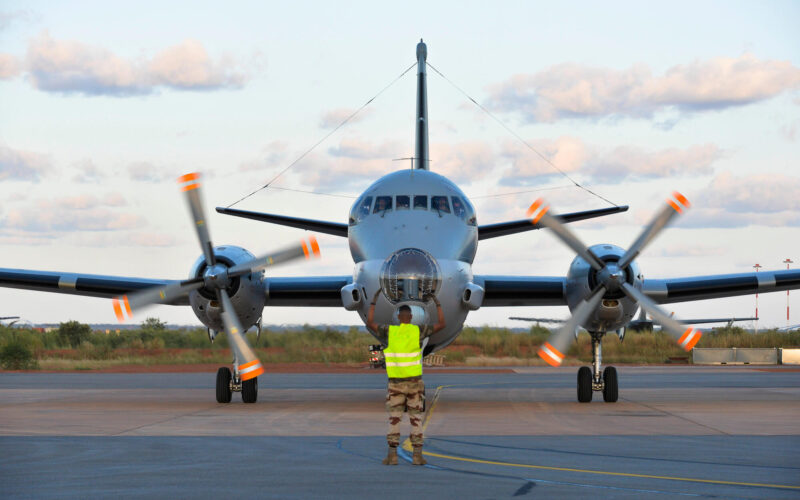Germany seemingly rejected the offer from France to temporarily acquire 4 Dassault Breguet Atlantique 2 aircraft, and should instead procure up to 5 Boeing P-8A Poseidon jets. That new acquisition could jeopardize the joint development of a new maritime patrol aircraft by the two European countries.
In 2018, Germany and France conjointly agreed on a program destined to develop a new naval patrol plane, the Maritime Airborne Warfare System (MAWS). The Deutsche Marine needs to replace its 8 Lockheed P-3C Orion aircraft, constructed in the 1980s, while the 22 Dassault Breguet Atlantique 2 of the Marine Nationale are also in need of replacement.
In June 2020, Germany announced that due to excessive maintenance costs, its Lockheed P-3C would have to be retired by 2025, ahead of the initial schedule of 2035.
But with the MAWS program set to materialize in 2030 at the earliest, the Deutsche Marine was risking a capacity gap. Thus it was announced that Germany would find an interim solution. A tender was launched, in which the Airbus C-295 MPA, the Kawasaki P-1, and the Boeing P-8A Poseidon competed. The Japanese P-1 was ruled out over the concern that it would not be ready in time, and the C-295 MPA was judged as underperforming compared to the P-3C.
The Poseidon seemed likely to win the competition, and on March 12, 2021, the US Defense Security and Cooperation Agency (DSCA) cleared the sale of five aircraft equipped with the standard sensors and systems, as well as training and sustainment support. “The proposed sale will allow Germany to modernize and sustain its Maritime Surveillance Aircraft (MSA) capability for the next 30 years,” the announcement read.
Likely worried to see its partner abandon the MAWS program, France made a counteroffer in April 2021: it would provide 4 Atlantique 2 brought to the current standard (6), fitted with the latest generation equipment.
However, the offer does not seem to have convinced the German authorities. During a parliamentary hearing, Thomas Silberhorn of the German Defense Ministry explained that while the systems of the ATL2 would be renovated, the airframe and the engines may be hardly newer than the P-3C Orion.
“The condition of the airframes of the ATL2s offered to Germany has not been specified,” Silberhorn said. “The number and the expected readiness of the aircraft on offer will foreseeably not be able to cover the requirements of potential future operational commitments as well as the needs for crew regeneration and for conducting training and reconnaissance flights.”
It now seems likely that Germany will move forward with the acquisition of the Boeing P-8 Poseidon. The future of the MAWS program, however, remains uncertain.

